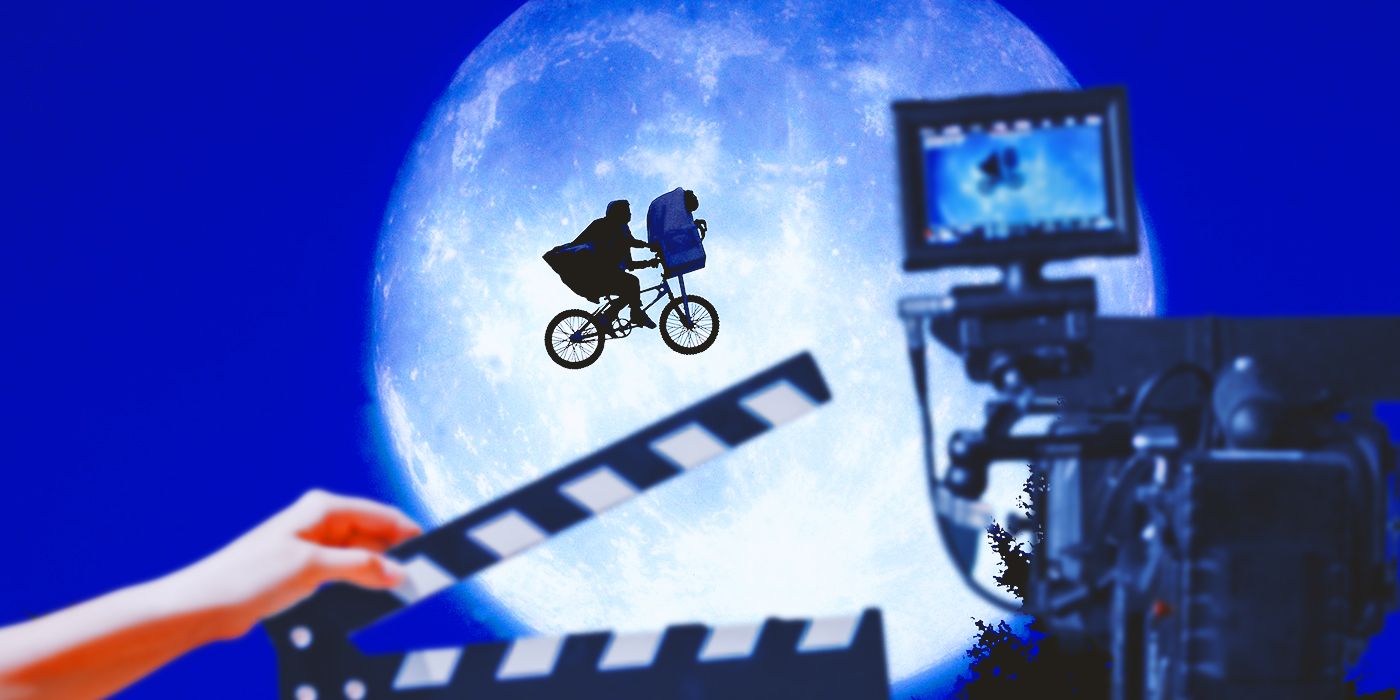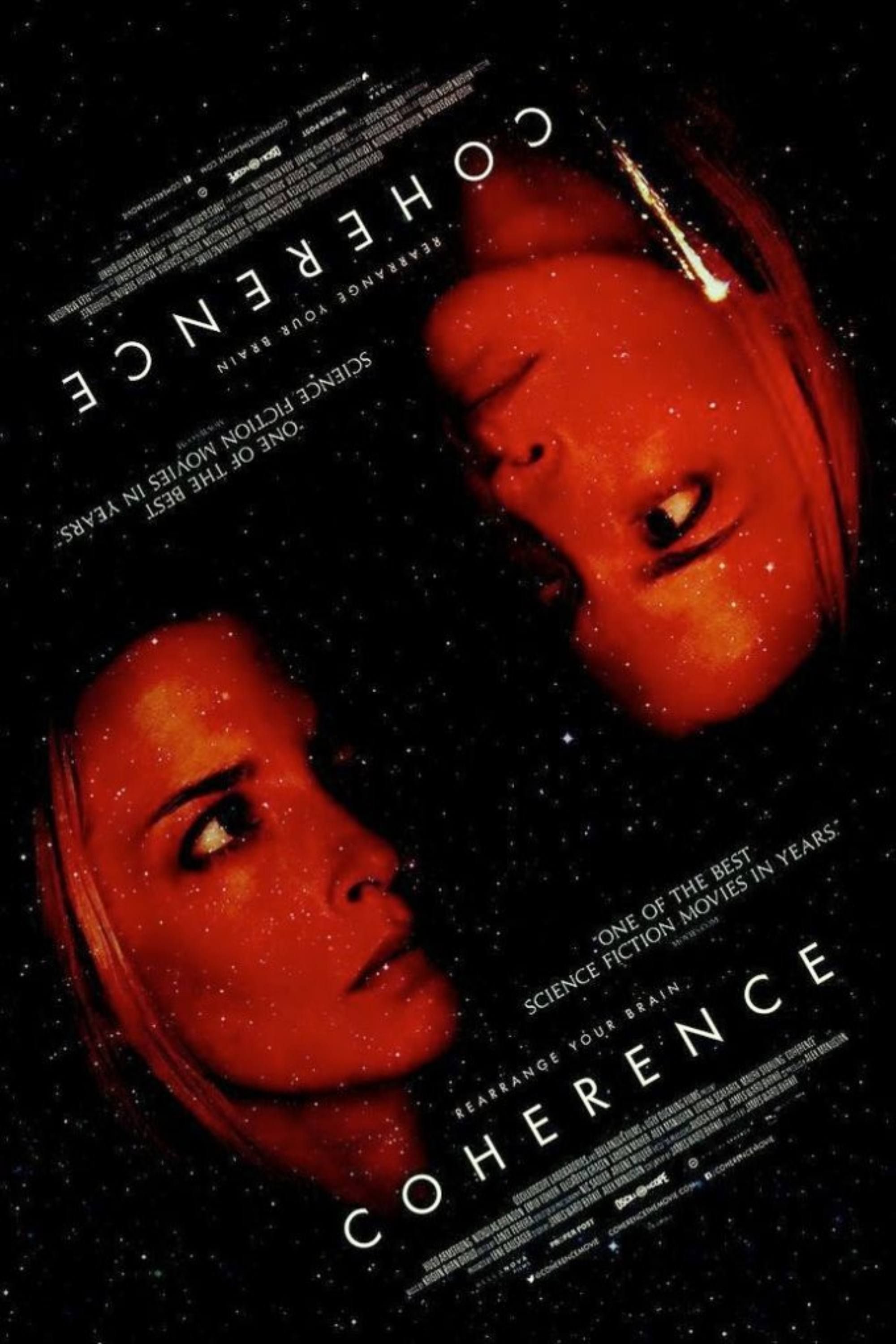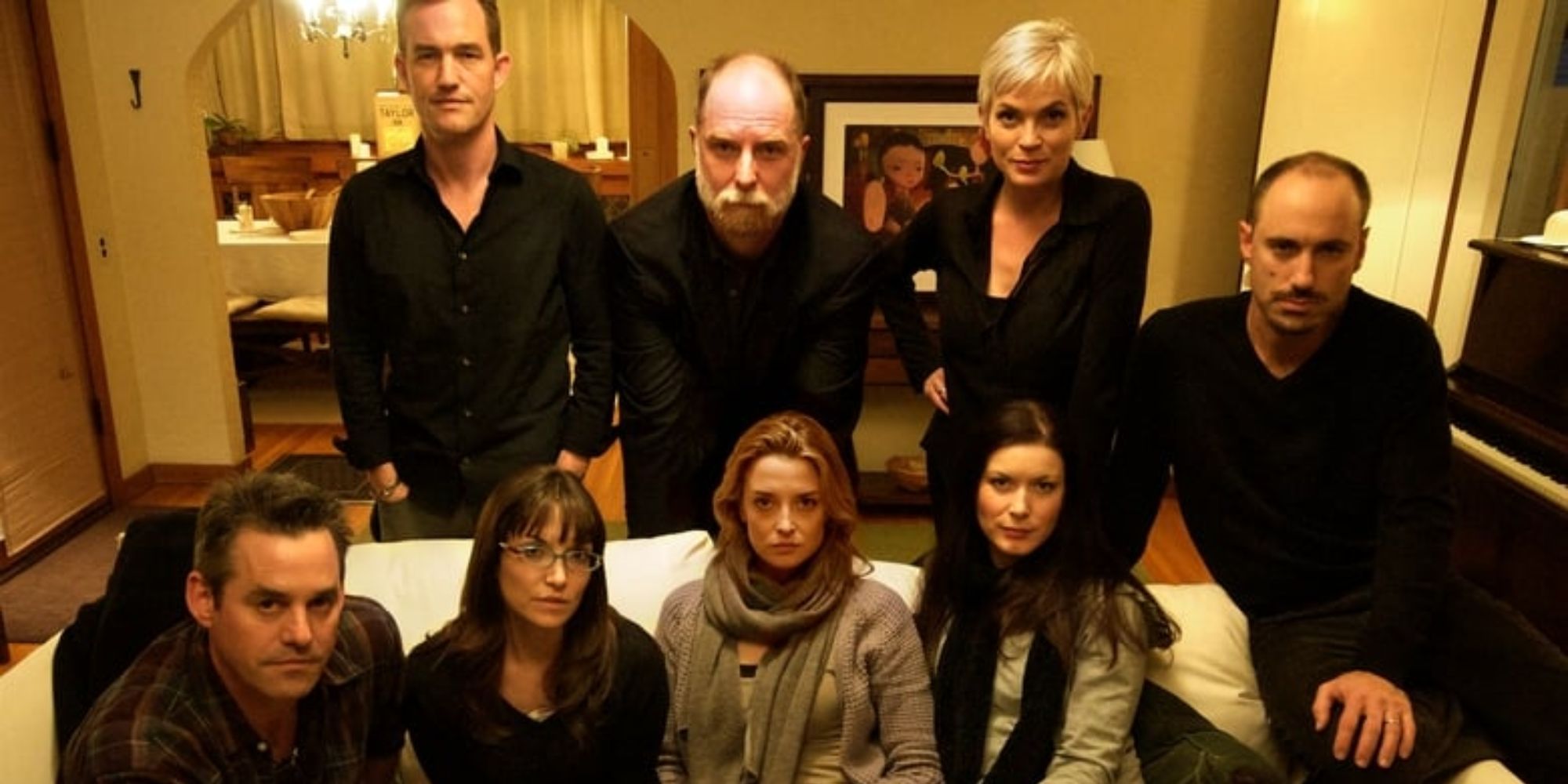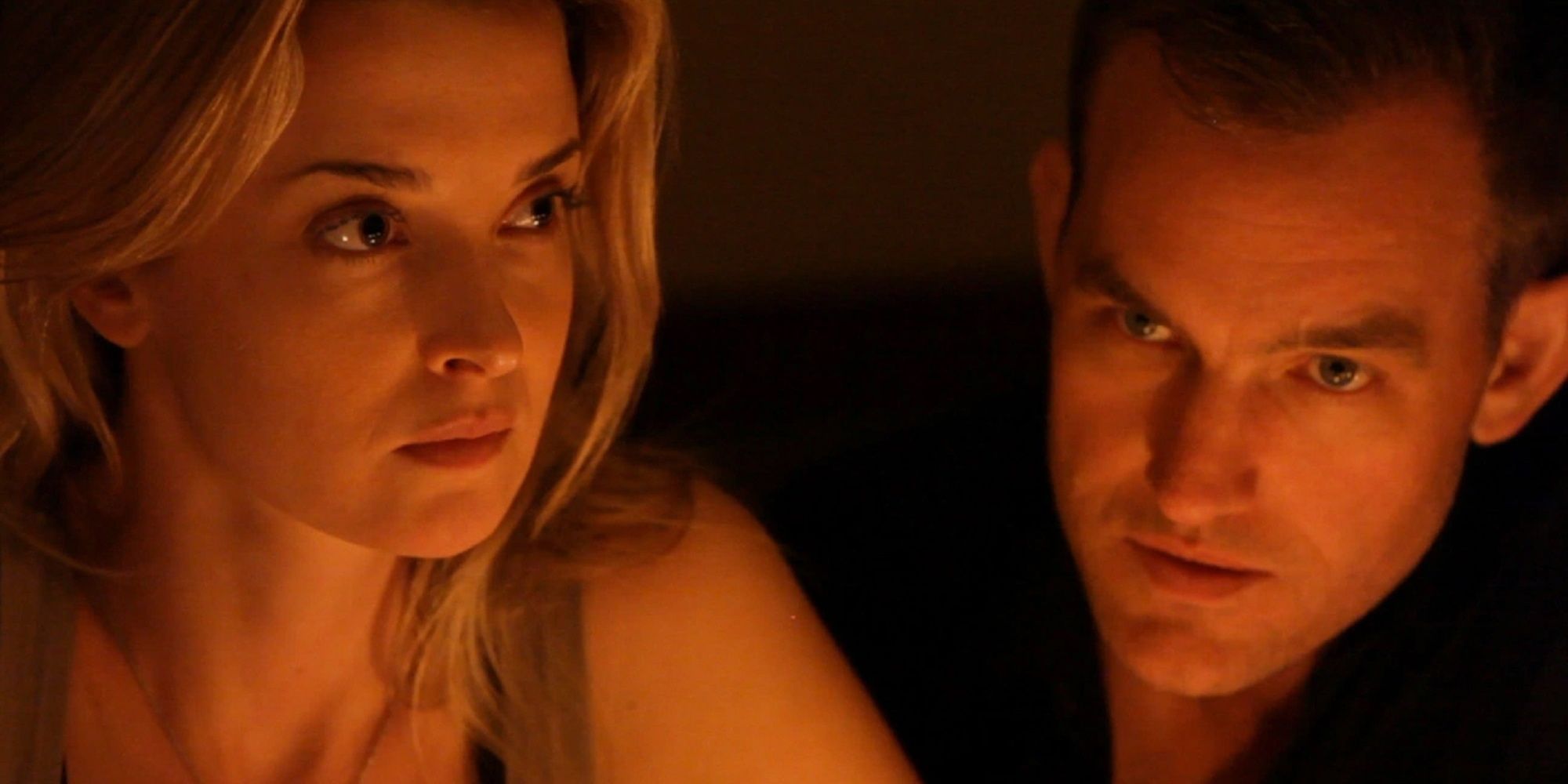Low-budget filmmaking and high-concept science fiction don't always go well together, but 2013's Coherence is a reminder that it's possible to make an engaging and thought-provoking sci-fi film without an extravagant budget and a large studio backing. The film's director, James Ward Byrkit, took the Robert Rodriguez approach to filmmaking: writing with what he had in front of him. Like Rodriguez, who had a guitar, a camera, and seven grand, Byrkit had a solid cast of actors, a house, and an idea. Despite having a director with significant industry experience having worked with Gore Verbinski on the Pirates of the Caribbean movies, Coherence is a tried and true indie project that doesn't feel too far removed from the mumblecore movement of the mid-aughts with a heady sci-fi twist. The film is much more interested in the concepts it lays out — sometimes clumsily so — than in its characters, who nevertheless feel extremely real and fleshed out despite minimal development. The film's setting is also appropriately claustrophobic for both the characters and the audience, providing an overwhelming aura of tension and uncertainty.
What Is 'Coherence' About?
Coherence is ultimately the story of a dinner party between eight friends gone horribly, cosmically wrong. Like all good cosmic horror, a category which the film arguably fits into, Coherence is about the fear of the unknown, specifically the unknown nature of our very strange universe. The rules of reality have been completely dismantled for the protagonists of Coherence, and they are left to try and understand the fundamental rules of this new reality. The friend group, none of whom are quantum physicists, includes Buffy's own Nicholas Brendon as Mike, alongside Laurie (Lauren Maher), Lee (Lorene Scafaria), Amir (Alex Manugian), and Elizabeth Gracen as Beth. Several of the characters are in relationships with each other, and some are even exes, adding a healthy dose of character drama to the mix. Emily and Kevin are a notable couple, though their relationship is somewhat rocky, as Emily is reluctant to accompany Kevin on an extended work trip abroad. To make matters worse, Laurie, who is currently seeing Amir, is Kevin's ex-girlfriend, and makes advances towards him, testing his relationship with Emily.
The film's mysterious, Twilight Zone-inspired tone starts off tense, with the character dynamics clearly being complicated at best, and completely dysfunctional at worst. The dialogue-heavy scenes feel natural and nearly improvised as the friends try to figure out just what the hell is going on once the power goes out. Things get even stranger once doppelgangers are introduced into the mix, along with the repercussions of Miller's Comet's passing over Earth. The whole group of friends ends up falling into a kind of collective existential crisis, where the rules of reality no longer seem to apply. Their attempts at grasping what they think is going on with the power outages, cracked phone screens, and the significance of the comet are mostly futile, as none of them are scientists, much less quantum physicists. Tensions quickly rise amongst the group, and their true feelings and desires all begin bubbling up towards the surface in ugly fashions.
What Separates ‘Coherence’ From Other Sci-Fi Movies
To say that Coherence is a bold and ambitious experiment in no-budget filmmaking is an understatement. Byrkit and company crafted what is simultaneously an extremely unique and extremely messy film that has big ideas and complex character dynamics. It doesn't always feel like a full meal when it comes to either the development of characters or the execution of the sci-fi elements, but it is nevertheless satisfying for a movie just under the 90-minute mark. However, even if the film doesn't fully succeed on a narrative level, the acting and general craft of Coherence are all on par with many films whose budgets are much more grand. The acting alone sets it apart not only from other low-budget and independent films but also from the vast majority of science fiction films. Because its budget is basically nonexistent, Coherence relies a lot on its performances to articulate its very complex ideas.

The 10 Best Scenes in Sci-Fi Movie History, Ranked
"I watched C-beams glitter in the dark near the Tannhäuser Gate."
According to Byrkit, the film started out as an experiment to see whether he could successfully shoot something "without a crew and without a script". The Twilight Zone is notably a strong influence for Byrkit, which is evident both conceptually and stylistically. The movie is mostly improv, and the director exclusively hired improv actors, only providing them with their characters' basic motivations and the bare bones of the plot. Even though he had a grander vision of how he expected the film to go, he didn't share much with the actors in order to preserve the improvisational style of the movie. The movie's minimalist approach definitely sets it apart, but if the film itself wasn't good, it wouldn't matter. Thankfully, the Coherence is more than competent and not just novel because of its experimental nature.
‘Coherence’ Is a Testament to What Indie Filmmaking Can Achieve
While the weakest aspect of Coherence is arguably its visuals, the monotony of its lighting and its claustrophobic setting work to re-enforce an overall sense of feeling trapped. The characters are essentially stuck in a kind of purgatory due to the passing comet, and the film's technicals help to achieve an otherworldly visual tone, despite its shoestring budget. The movie, while quite short, makes excellent use of all its 89 minutes, with an ending that leaves a lot up to interpretation. Coherence fits in resolutions to many of its heady ideas, even if the characters don't always receive satisfactory character arcs in the process. The film is, in effect, a long-form Twilight Zone episode, fitting in a ton of challenging concepts such as personal identity, Schrodinger's Cat, and free will, just to name a few.
Coherence has an undeniable kinship to other low-budget, high-concept, challenging philosophical films which became more common in the mid-aughts. Movies like Richard Linklater's cult existentialist treatise Waking Life, and filmmakers like Shane Carruth and Jonathan Glazer are just a few to thank. While those films and filmmakers received undeniable recognition for bringing revitalization to the sci-fi genre, Coherence remains criminally underseen. It is not only a masterclass in blending big ideas and small budgets, but also how to make a film with eight characters sharing a single location incredibly compelling narratively. Despite not having made a follow-up in the decade since, Byrkit deserves recognition for what he brought to the genre and to indie filmmaking as a whole.

Coherence
Coherence is a 2013 American sci-fi thriller film written and directed by James Ward Byrkit. The film follows a group of friends whose dinner party is disrupted by a series of strange events that challenge their perceptions of reality. As the night unfolds, the group begins to experience a series of bizarre occurrences that question the nature of their identities and relationships.
- Release Date
- August 6, 2013
- Director
- James Ward Byrkit
- Cast
- Emily Baldoni , Maury Sterling , Nicholas Brendon , Lorene Scafaria , Elizabeth Gracen
- Runtime
- 89 Minutes
- Main Genre
- Sci-Fi
Coherence is available to rent on Prime Video in the U.S.



